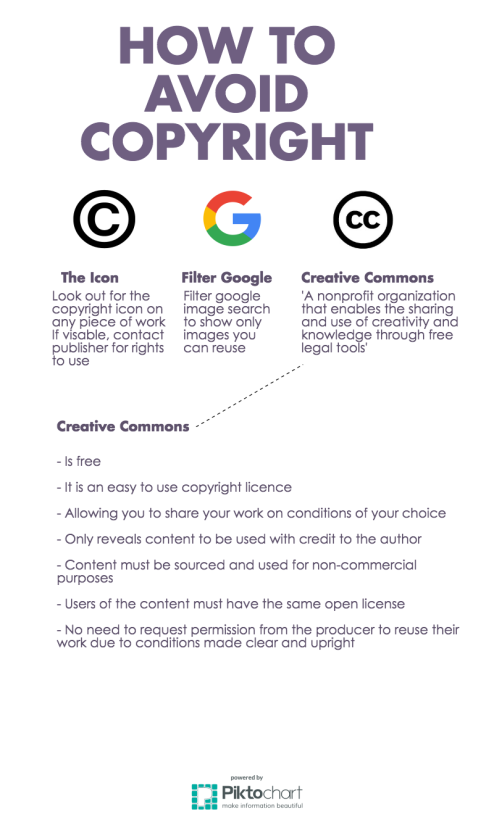Firstly, what is open access?
Here is a video that perfectly explains this concept…
Within my own research, mainly for university work, I am always coming across articles that sound perfect to support my opinions. However, I find I can only get partial access to the information or have to pay a hefty fee to access the article at all. To me this is a risky investment because the article may end up being of no use to me resulting in my money wasted.
So why are not all articles and journals made openly available to the public?
Firstly the advantages of open access to content providers:
https://www.haikudeck.com/e/aa4606a904/?isUrlHashEnabled=false&isPreviewEnabled=false&isHeaderVisible=false
Advantages – Created with Haiku Deck, presentation software that inspires;
Next, the disadvantages to the content producer:
- From allowing individuals to freely access your work there is little profit involved for the Publishers, therefore a lack of corporate sustainability.
- Moreover, in most cases the publishers have to pay for publication fees, unless funded. These costs include: editor fees and peer review cost to ensure integrity. ‘As research grows at roughly 3% per year, the costs associated with these functions are constantly rising.’
- From not achieving profit from publication, this may discourage them from wanting to publish their work online at all.
- Additionally, their work is more open to copyright violations and authors may not know everywhere in which their work is being used.
- In contrast to the advantage that it will allow the publisher to be more recognised due to a wider audience, people may be less likely to believe the producer is a creditable source if there is open accessibility to their work. It increases difficultly in distinguishing between the reliable and unreliable due to the abundance of articles that could be made freely available online

To conclude, I believe that open access should be introduced, especially if the government is funding the research and paying for the indirect costs of publishing the articles. The tax payers are basically paying for these articles to be produced therefore they should have open access to them. However, to have every article following the open access model would be economically unsustainable and may demotivate the publishers.
Therefore, a compromise in terms of the advantages and disadvantages to the content provider is to make the access to such materials much cheaper or much less restricted. This allows publishers to gain some profit whilst making the articles more affordable to users and thus more accessible, allowing producers and users to thrive off of the advantages.
So, what do you believe?
References:
PHD Comics (2012) Open Access Explained
ERIC (2012) Dramatically Bringing down the Cost of Education with OER
The Guardian (2014) Why open access should be a key issue for university leaders
The Guardian (2012) Open access: why academic publishers still add value
Creative Commons (2016) About
SPARC Europe (2016) Benefits of Open Access
Edanz (2013) Advantages and Disadvantages of Open Access
Hi Alice,
Really good blog post, loved reading it. I really like the video you found about open access as it explains the concept clearly and succinctly.
You clearly separated out the advantages and disadvantages to open access which makes it easier to understand. I think it’s interesting that you think there is still a place for paid-for articles because it’s a different view to mine. Personally I believe all journal articles should be open access as I think it’s a fundamental right that everyone should have access to learning resources and teaching. I don’t know whether it is an unsustainable model as the universities can pay the researches to publish the articles. Whatever you think about tuition fees, the universities are getting plenty of money and should be able to afford that.
Anyway, I enjoyed reading a different opinion and I think it’s good that debates about open access can happen.
LikeLike
Hi Alice,
I enjoyed reading your blog post as I believe we share some of the same views around open access, in particular the silliness that government and thus taxpayers end up paying for scientific research twice by paying for the actual researching then to access its results.
I like the conclusion you come to about how it could be sustainable to have open-access when the publishers would then be losing interest in the market. I think lowering the cost generally is a good idea that ensures that publishers can still function but everyone is then that bit closer to accessing good content.
I wonder about the different ways that we could get around the mass of content if everything was open and how we would find reliable, authentic content as we can now in a for-profit publishing model. This sort of happens now online with sites like YouTube where, at least initially, seemingly anyone could make it big if they had the skills and ideas rather than money as with traditional media. What ways do you think there is of filtering for the best content?
LikeLike